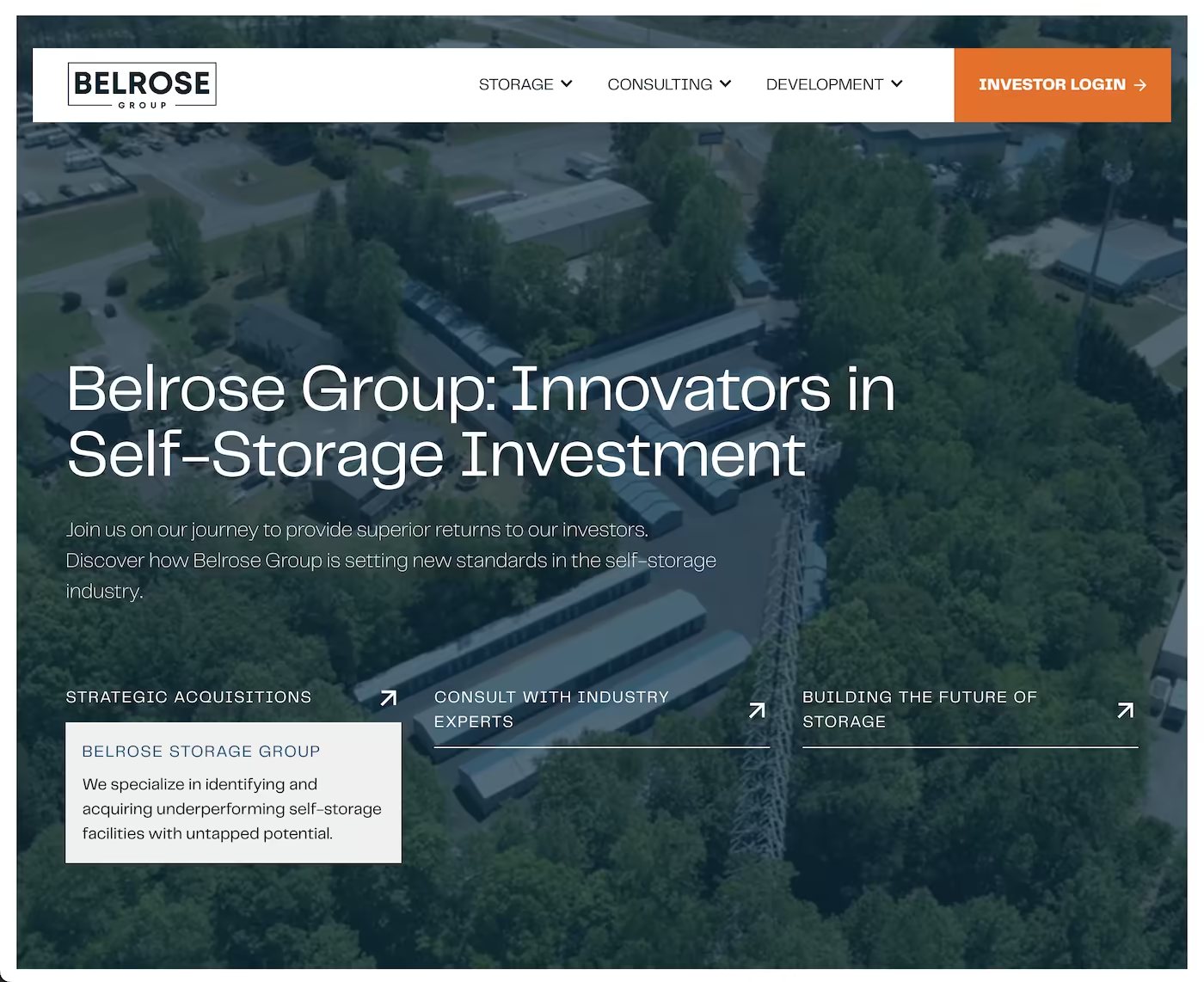BigQuery vs Traditional Analytics Platform Comparison
BigQuery fundamentally differs from traditional analytics platforms through its ability to process billions of records with unlimited analytical flexibility using SQL queries, while conventional tools handle thousands or millions of records through pre-built reports and limited customisation options.
The key advantage lies in analytical freedom - traditional platforms provide predetermined reports and dashboards, while BigQuery enables asking any question of your data through custom SQL analysis that reveals insights impossible with standard analytics tools.
Data Processing Scale and Performance
BigQuery's architecture handles massive datasets that would overwhelm traditional analytics platforms, processing billions of records in seconds while maintaining query performance and enabling complex analysis across unlimited data volumes.
Unlimited Analytical Capacity
Scale advantages include processing historical data spanning years, analysing customer behaviour across millions of interactions, and combining multiple data sources for comprehensive business intelligence without performance limitations.
Performance capabilities enable real-time analysis of large datasets, complex statistical analysis, and predictive modelling that traditional platforms cannot support due to processing limitations and architectural constraints.
Platform Comparison Areas
- Data volume capacity: BigQuery's billions of records vs traditional platforms' limited scale
- Query flexibility: Custom SQL analysis vs pre-built report limitations
- Integration capabilities: Direct data warehouse access vs platform-specific data silos
- Analysis complexity: Advanced statistical functions vs basic reporting metrics
- Cost efficiency: Pay-per-query model vs fixed platform subscriptions
Analytical Flexibility and Custom Insights
BigQuery's SQL interface enables unlimited analytical possibilities, from simple aggregations to complex statistical analysis, machine learning integration, and custom business logic implementation that traditional platforms cannot support.
Custom Analysis Capabilities
Analytical freedom includes cohort analysis, customer lifetime value modelling, attribution analysis, and predictive analytics that require custom logic and complex data manipulation impossible in standard analytics interfaces.
Custom insights include business-specific metrics, industry-relevant analysis, and strategic intelligence development that aligns with unique business requirements rather than generic platform capabilities.
Data Integration and Warehouse Capabilities
BigQuery serves as a comprehensive data warehouse that combines marketing data with sales, customer service, and operational information for holistic business analysis impossible with traditional marketing-focused analytics platforms.
Integration capabilities include connecting CRM data, advertising platforms, e-commerce systems, and operational databases for comprehensive business intelligence that reveals cross-functional insights and strategic opportunities.
Cost Structure and Value Proposition
BigQuery's pay-per-query pricing model often provides better value than fixed platform subscriptions, especially for businesses requiring complex analysis or processing large data volumes that exceed traditional platform limitations.
Cost efficiency includes avoiding multiple platform subscriptions, reducing manual analysis time, and enabling advanced insights that support strategic decision-making and competitive advantage development.
Learning Curve and Implementation Considerations
BigQuery requires SQL knowledge and technical expertise that traditional platforms avoid through simplified interfaces, creating implementation barriers but enabling significantly more powerful analytical capabilities for qualified users.
Implementation considerations include team skill development, query optimisation learning, and data architecture planning that ensure successful BigQuery adoption and maximum analytical value realisation.
Ready to evaluate BigQuery's advantages for your marketing analytics needs? Our data analysis expertise includes platform comparison, implementation planning, and team training that ensures optimal analytical tool selection for your specific business requirements and analytical objectives.


